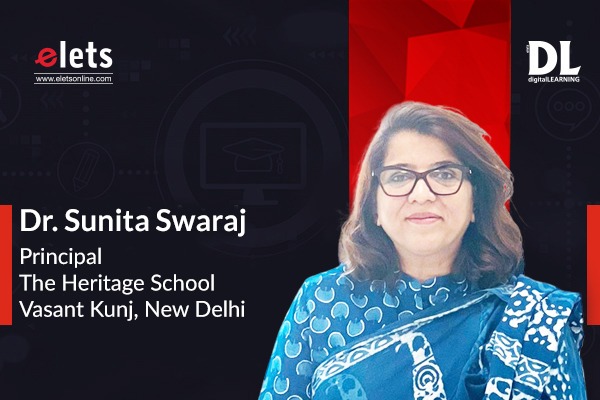
The world is becoming more and more globalised, and this has a profound impact on education. In the past, education was largely focused on preparing students for the national workforce. However, in today’s globalised economy, students must be prepared to work and live in a globalised world. This means they must be able to think critically, solve problems and communicate effectively across cultures.
There are a number of ways educators can help students navigate education in a globalised world. One important way is to provide opportunities for students to learn about different cultures. This can be achieved through courses, field trips and guest speakers. It is also important to help students develop critical thinking skills. This will help them evaluate information from different sources and make informed decisions. Finally, it is important to help students develop strong communication skills. This will help them communicate effectively with people from different cultures.
There are a number of challenges educators face in preparing students for a globalised world. One of the problems is lack of resources. Many schools do not have the resources to provide students with the education they need to succeed in a globalised world. Another problem is the lack of qualified teachers. Many teachers are not prepared to teach students about different cultures or help them develop critical thinking skills.
Despite the challenges, there are a number of things that can be done to help students navigate education in a globalised world. By providing opportunities to learn about different cultures, developing their critical thinking skills, and helping them develop strong communication skills, educators can help students succeed in a globalised world.
In addition to the challenges mentioned above, there are a number of other factors that educators must consider when navigating education in a globalised world. One factor is the increasing diversity of the student population. More and more students come from different cultural backgrounds, which can present challenges for educators unfamiliar with these cultures. Another factor is the rapid pace of change in the global economy. The skills students need to succeed in today’s economy may not be the same skills they will need in the future. This means that educators must be flexible and adaptable in their teaching methods.
Despite the challenges, there are also a number of opportunities that exist for educators in a globalised world. One possibility is cooperation with educators from other countries. This can help educators learn about different cultures and develop new teaching methods.
Another opportunity is to use technology to connect students with people around the world. This can help students learn about different cultures and develop global perspectives.
Navigating education in a globalised world is a complex task, but one that is essential for the success of 21st century students. By understanding the challenges and opportunities that exist, educators can help students develop the skills they need to succeed in a globalised world.
Here are some specific strategies educators can use to help students navigate education in a globalised world:-
- Incorporate global perspectives into the curriculum. This can be done by teaching about different cultures, religions and political systems. This can also be done through literature and films that reflect different perspectives.
- Provide opportunities for students to learn about different cultures first hand. This can be done through field trips, guest speakers and virtual exchanges.
- Help students develop critical thinking skills. This can be done by teaching them to evaluate information from different sources and make informed decisions.
- Help students develop strong communication skills. This can be done by teaching them how to communicate effectively with people from different cultures.
- Collaborate with educators from other countries. This can help educators learn about different cultures and develop new teaching methods.
- Use technology to connect students with people around the world. This can help students learn about different cultures and develop global perspectives.
Using these strategies, educators can help students develop the skills they need to succeed in a globalised world.
Views expressed by Dr. Sunita Swaraj, Principal, The Heritage School, Vasant Kunj, New Delhi.






















